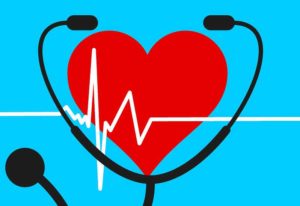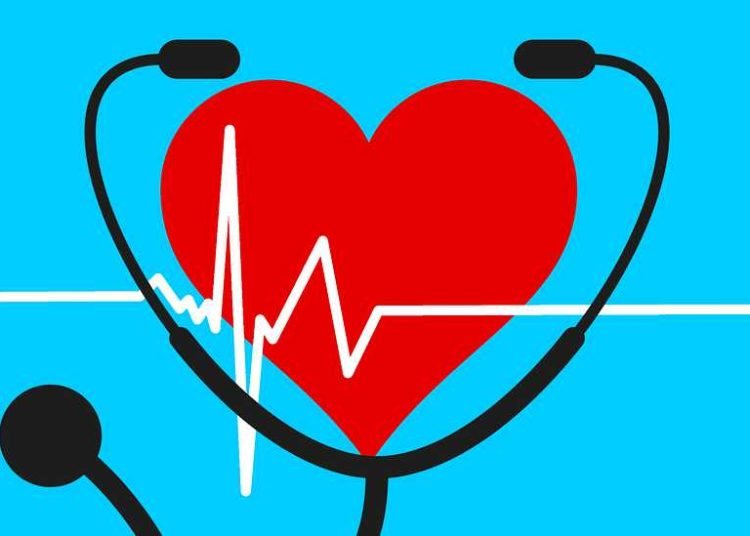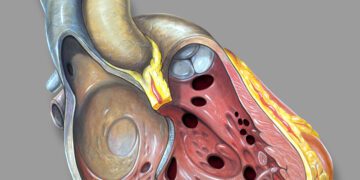It is a well know fact that weather affects our mood and body. A lot of people especially in Asian countries like winter months, which are associated with festivals, fun, holidays, ushering of a new year and a lot of other things. Experts say that because your body has to work harder in the cold, your endorphin production is boosted even more, leading to a happier state of mind.
However, cold weather can put your heart health at risk, especially if you have an existing heart condition. It assumes even more importance when in India, for example, the mean age at which people get the first myocardial infarction is 53 years, which is about 10 years earlier than their counterparts in developed countries. While winter is often considered a better and happy season by many, it is also often the weather when most heart attacks strike. A drop in temperature can impact your health, specifically your heart, in ways you may not expect.

Says Dr. Chandrashekhar Kulkarni, Consultant CVTS, Global Hospital, Parel, Mumbai, “Every season brings some health risk or the other with it and winter is no exception. Cold weather can put your heart health at risk, it can result from various factors like low temperature, air pressure, wind, and humidity. To start with, when you’re outside in the cold, the small blood vessels in your skin constrict to help save heat. That means your heart must worker harder to pump blood through those tighter vessels resulting in elevated levels of blood pressure, restrictive blood flow, and reduced supply of oxygen to the heart, which can eventually lead to a heart attack and stroke.”
There are several reasons for higher incidence of heart attacks during winter months. It can result from various factors like low temperature, air pressure, wind, and humidity. According to Dr. Sudhir Pillai, Cardiologist, PD Hinduja Hospital, there are a number reasons like “hormonal balance like cortisol and adrenaline due to circadian variation, constriction of arteries of the heart during winter, increased blood pressure, increase in load on the heart to maintain body temperature, coinciding with flu season which itself makes the body inflammatory and vulnerable, frequent smoking and drinking, disturbed sleep patters and increased stress levels.”
Sometimes, venturing out in extreme cold weather can cause hearts attacks. “When you’re outside in the cold, the small blood vessels in your skin constrict to help save heat. That means your heart must worker harder to pump blood through those tighter vessels resulting in elevated levels of blood pressure, restrictive blood flow, and reduced supply of oxygen to the heart, which can eventually lead to a heart attack and stroke,” explains Dr. Kulkarni.
According to the Global Burden of Disease, nearly a quarter (24.8 per cent) of all deaths in India is due to cardiovascular diseases (CVDs). Thus, it is important to take good care of your heart especially in the winter months when the activities are reduced and a more sedentary lifestyle kicks in. “Avoid heavy exercise without warm up, use sunlight as much as possible, be on guard for symptoms, take flu shots, and avoid high caffeine, alcohol and nicotine” are some of the critical precautions suggested by Dr. Pillai.
Winter tends to have prolonged indoor time and lesser physical activity with increase in the caloric intake due to oilier cheesy and calorie dense foods which are more available during this time of the year. “So, a sedentary lifestyle with increase caloric gain leads to accumulation of fat and cholesterol with sugars going haywire to a dangerous cocktail for newer blocks to form and propagate,” says Dr. Kulkarni.
Therefore doctors suggest to avoid smoking and excessive drinking habit during winter season because smoking is one of the major risk factors. “Try to keep your body warm as cold temperatures can cause your blood vessels to clamp down. Sedentary lifestyle is a major contributor for lifestyle and heart diseases. You can remain physically active by continuing indoor exercises and yoga during extreme cold weather. Take break from work and do leisure time activities and hobbies. Do meditation to release your stress,” adds Dr. Kulkarni.
Follow Health In Five on LinkedIn, Facebook, Twitter & Instagram
Subscribe on WhatsApp & Telegram to receive real time updates







































